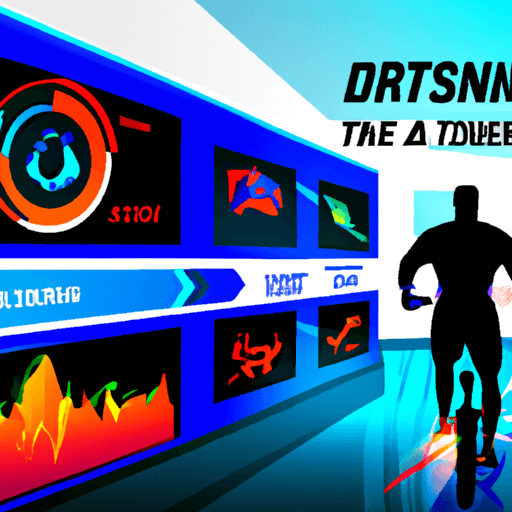How Technology Has Revolutionized Modern Sports Training and Fitness
Technology has inherently transformed numerous sectors and industries, leaving an indelible mark on the sports and fitness landscape. The rapid evolution of technology offers an array of applications that significantly advance the methods of sports training and fitness regimes.
Tech Applications in Sports Training
Incorporating technology into sports training comes with a myriad of benefits. Key among these are improved performance, precision in tracking progress, and increased member engagement. These benefits usher in a modernized era of sports training that focuses on individualized athlete training, precise data tracking, and enhanced performance.
Wearable Fitness Technologies
Wearable fitness technologies have become indispensable instruments for trainers and athletes. These devices, such as fitness trackers, smartwatches, and HR monitors, provide real-time data about an individual's physiological state. The information extends beyond simple measurements of heart rate or calories burned to complex metrics such as sleep quality, VO2 max, and stress levels, thereby permitting athletes and trainers to tailor fitness programs that bring the best possible outcomes.
Performance Tracking Apps
Athletes now have access to various performance tracking apps that aid in monitoring their training progress and maintaining peak fitness levels. These apps generate granular data that enables athletes to understand their performance on multiple levels and adjust their training accordingly. They also provide motivational tools such as goal setting and online community support, creating an engaging training environment.
Specialized Gaming and VR Facilities for Training
A recently emerging trend in the sports training landscape is the utilization of gaming and virtual reality (VR) technologies in training routines. These inventions provide immersive experiences that mimic real-life conditions without physical constraints, thereby promoting skill development, improving reaction times, and fostering tactical decision-making in a controlled environment.
Implications on Athletes' Health and Wellbeing
While these advancements substantially improve performance, they also put focus on the overall wellbeing of the athletes. Detailed monitoring enables earlier detection of potential health risks, and training adjustments can be made to prevent injuries and burnouts. This integration of technology underscores the value of health and wellness in producing top athletic performances.
Potential Drawbacks
Despite the myriad of benefits, reliance on technology in sports training does not come without potential drawbacks. There can be a risk of over-reliance on tech tools at the expense of natural intuition and decision-making skills. Additionally, privacy concerns arise with the vast amount of personal data being collected and stored.
The Future of Sports Training
It is evident that technology will continue shaping the future of sports training. Emerging technologies such as Artificial Intelligence (AI), and Augmented Reality (AR), promise to further transform this space. The intersection of sports and technology enables continuous exploration of new ways to elevate training, improve performances, and maintain athlete wellbeing.
In conclusion, technology has undeniably revolutionized modern sports training and fitness regimes, bringing unparalleled precision, personalization, and performance enhancement. However, it is important to strike a balance, harnessing the power of technology without losing touch with human instinct and expertise.



















Comments
Leave a Comment